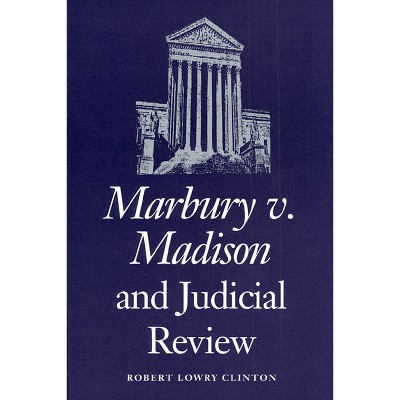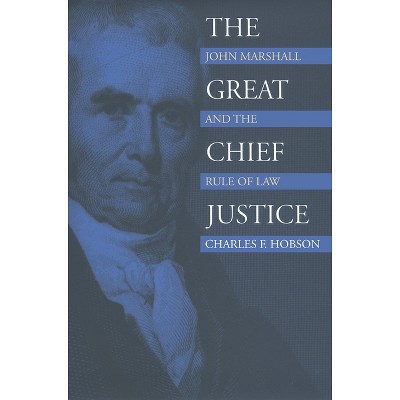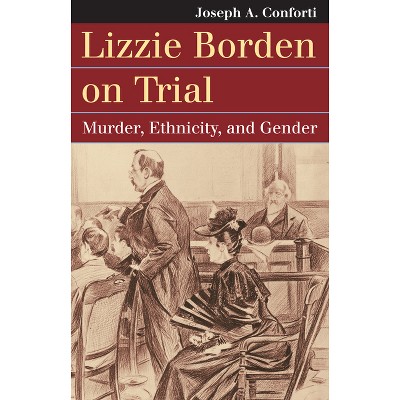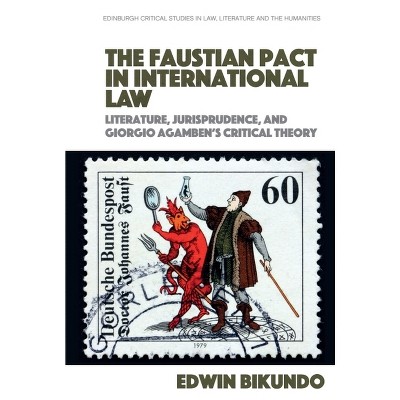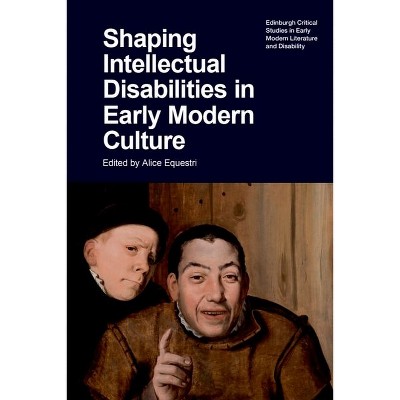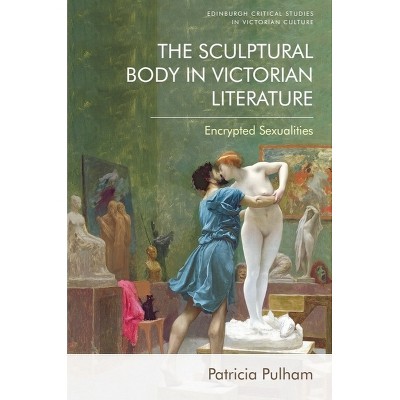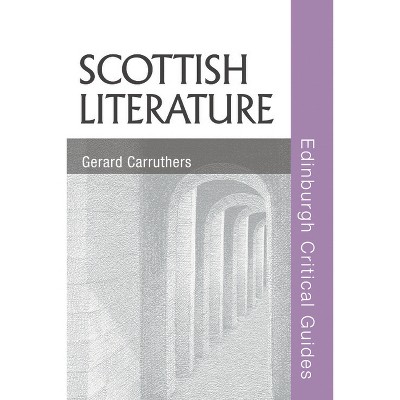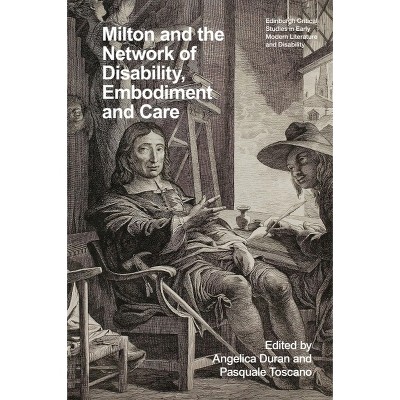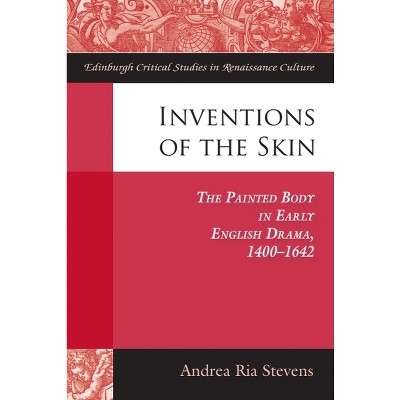Sponsored

The Rise and Fall of Critical Legal Studies - (Edinburgh Critical Studies in Law, Literature and the Humanities) by James Gilchrist Stewart
Pre-order
Sponsored
About this item
Highlights
- A wide-ranging intellectual history of the Critical Legal Studies Movement, drawing from personal accounts, academic works, and the media.
- Author(s): James Gilchrist Stewart
- 190 Pages
- Freedom + Security / Law Enforcement, Jurisprudence
- Series Name: Edinburgh Critical Studies in Law, Literature and the Humanities
Description
About the Book
A wide-ranging intellectual history of the life, death, and afterlife of the Critical Legal Studies Movement.Book Synopsis
A wide-ranging intellectual history of the Critical Legal Studies Movement, drawing from personal accounts, academic works, and the media. The Rise and Fall of Critical Legal Studies unpacks Critical Legal Studies (CLS) to address what CLS was, how it came about, and what its legacy means for contemporary legal theories.
Taking a CLS approach to CLS, a range of legal, literary, filmic, and philosophical lenses are applied to key theorists and their works, with a specific focus on Duncan Kennedy. Through this analysis, a dominant type of CLS is untangled, and in true Crit form, repeatedly questioned from different perspectives to see what it achieved.
The Rise and Fall of Critical Legal Studies argues that CLS haunts the legal landscape, constricting emerging critiques of law. While the personal hierarchies of the Movement's founders ensured CLS was also limited.
Review Quotes
In recent years, the history of the critical legal studies movement has become more rather than less important. In his stylish reconstruction, James Gilchrist Stewart shows that the death of such initiatives is never uncomplicated--in part because they can haunt the landscape from beyond the grave.--Samuel Moyn, Yale Law School
